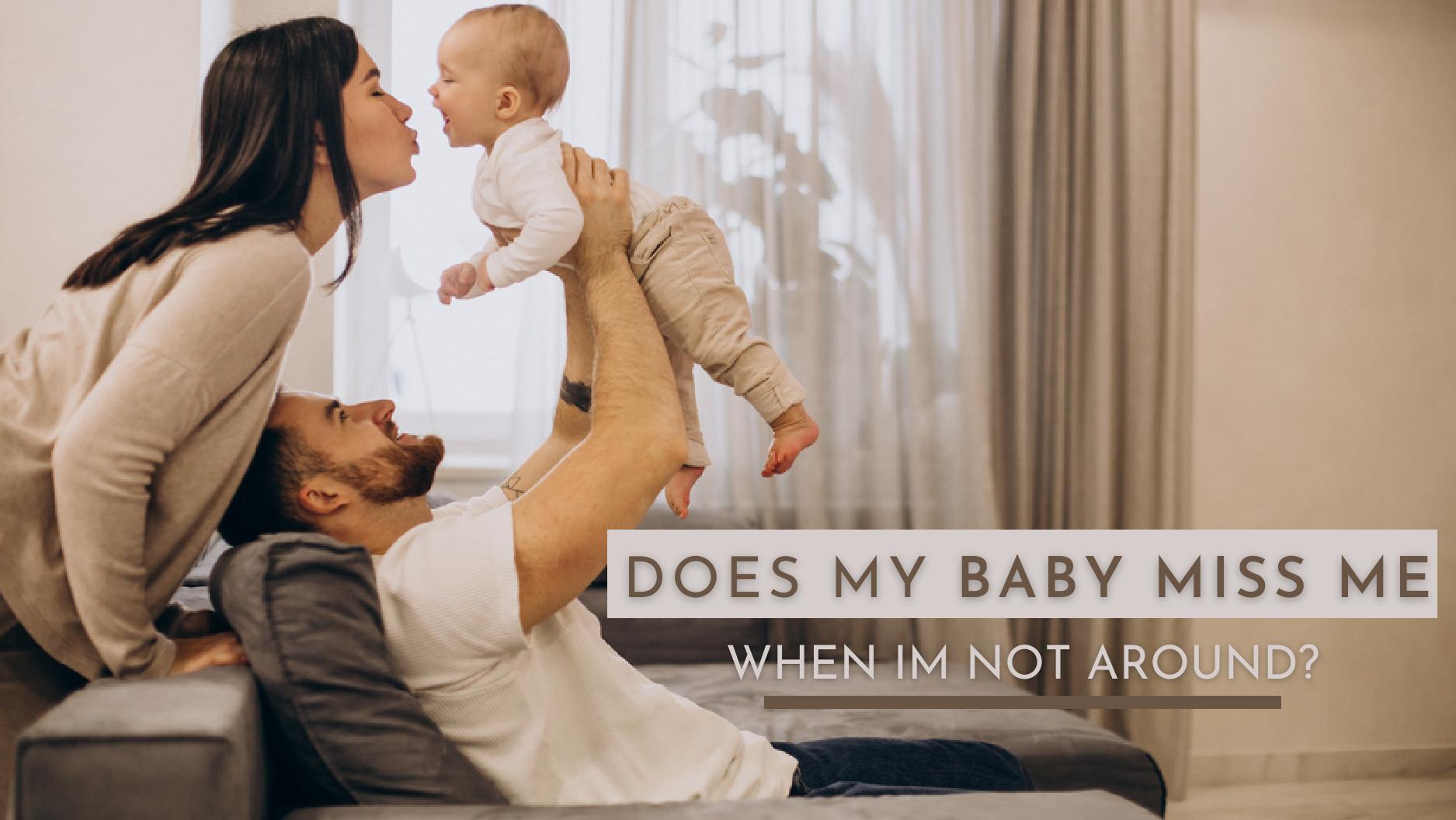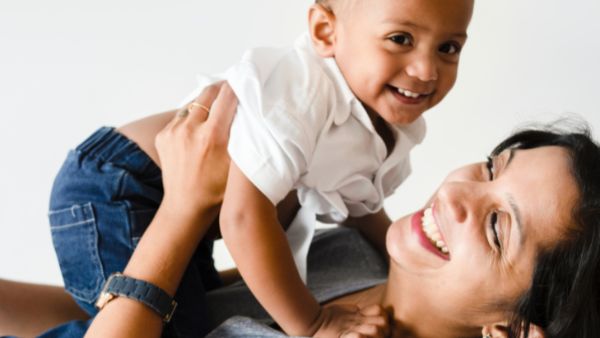Just In
- 40 min ago

- 1 hr ago

- 2 hrs ago

- 10 hrs ago

Don't Miss
- News
 Sonia Gandhi Shed Tears For Terrorists Killed In Batla Encounter: BJP Chief Nadda
Sonia Gandhi Shed Tears For Terrorists Killed In Batla Encounter: BJP Chief Nadda - Finance
 Trade Setup: Nifty Continues Winning Streak Ahead of April F&O Expiry, Q4 Earnings In Focus
Trade Setup: Nifty Continues Winning Streak Ahead of April F&O Expiry, Q4 Earnings In Focus - Sports
 T20 World Cup 2024: No Hardik, Pant or Samson in Ambati Rayudu's India Squad for World Cup
T20 World Cup 2024: No Hardik, Pant or Samson in Ambati Rayudu's India Squad for World Cup - Movies
 Varshangalkku Shesham Box Office Collection Day 15 Prediction: Pranav & Dhyan's Movie Faces Continued Decline
Varshangalkku Shesham Box Office Collection Day 15 Prediction: Pranav & Dhyan's Movie Faces Continued Decline - Education
 JEE Main Result 2024 Out, Telangana's 15 Toppers Shine, Check Statewise List of 56 Candidates with Perfect 100
JEE Main Result 2024 Out, Telangana's 15 Toppers Shine, Check Statewise List of 56 Candidates with Perfect 100 - Travel
 Escape to Kalimpong, Gangtok, and Darjeeling with IRCTC's Tour Package; Check Itinerary
Escape to Kalimpong, Gangtok, and Darjeeling with IRCTC's Tour Package; Check Itinerary - Technology
 OPPO Find X7 Ultra Camera Deep-Dive: Pushing the Boundaries of Photography on a Smartphone
OPPO Find X7 Ultra Camera Deep-Dive: Pushing the Boundaries of Photography on a Smartphone - Automobiles
 Aston Martin Vantage Launched In India At Rs 3.99 Crore
Aston Martin Vantage Launched In India At Rs 3.99 Crore
Does Your Baby Miss You When You Are Not Around? 5 Tips To Reduce Separation Anxiety In Newborns
Parting from their child, even for a few hours, can be challenging for any parent, especially a new one. Apart from the child's safety, the one question that looms around the parents is 'will my baby miss me when I am not around them?"
If you are a parent and have had this thought, worry not; you are not being extra, and - you are not alone! Surveys show that most parents who spend time away from their newborns experience separation anxiety, constantly worrying whether their baby will forget them [1][2]. And to answer this question, several studies have been carried out, and we will provide you with the prominent findings here.

Does My Baby Miss Me When I'm Not Around?
In a short answer, yes. Yes, your baby will miss you when you are not around. However, it is no cause for concern.
For infants to recognize the world around them, they rely on their innate senses. Be it through sight, touch, smell, taste, or hearing - babies have it all just like any other adult. When you pick them up, swaddle them, and put them to bed, they start to understand the pattern, which may explain why they fuss if you are absent [3]. For them, that's unusual and results in tantrums and hour-long cry sessions.
1. It is natural: New mothers commonly notice that their calm and happy babies turn fussy as soon as they leave the room. At the beginning of your baby's development, he or she doesn't notice when you aren't around. It takes them a long time to figure it out and come to terms with it. Gradually, as they grow older, they cry and get fussy because they feel like something is missing when you are not around [4].
2. Development of senses: As your baby's senses develop, he or she misses you more and more. Also, babies are prone to separation anxiety and like to feel secure when they are around you [5].

3. Part of growing up: There is a natural tendency for your baby to miss you when you are away. Moreover, as they grow older, their senses develop, and they begin to understand the difference between you leaving for a short time or an extended period. If you are not in the expected territory, they yearn for you as they become aware of what's around them.
4. Will reduce with time: During the first year, you will notice a shift in your baby's behaviour as he or she gets used to being without you. Initially, babies crave their parents' attention, and as they are introduced to other materials, they become engaged [6]. Additionally, it depends on your parenting style and your desire to make them feel secure when you are absent.

Tips To Reduce Separation Anxiety In Newborns
Tip 1: Maintain a calm attitude. Seeing you in distress will only aggravate their situation.
Tip 2: Reassure them. After soothing your baby and reassuring them that they will be fine, leave the room calmly.
Tip 3: Be brave. When you avoid temporary breaks out of concern that your newborn might miss you, they'll have difficulty developing the skills they need to cope.
Tip 4: Don't hold back on the kisses and love. Hugs and smiles reassure them that you will return every time you leave.
Tip 5: Keep at it. A baby will be better able to cope with breaks the more experience they have of missing you and seeing you return [7][8].
-
 pregnancy parentingIndia's Maternal Mortality Ratio Drops; Healthcare Initiatives A Boon
pregnancy parentingIndia's Maternal Mortality Ratio Drops; Healthcare Initiatives A Boon -
 kids5 Common Infections In Children And What Parents Can Do About It
kids5 Common Infections In Children And What Parents Can Do About It -
 pregnancy parentingJennifer Aniston Talks About Infertility, IVF; Says, 'The Ship Has Sailed'
pregnancy parentingJennifer Aniston Talks About Infertility, IVF; Says, 'The Ship Has Sailed' -
 basicsWorld Fertility Day: The Decline of Fertility Rate In India: What Does It Mean?
basicsWorld Fertility Day: The Decline of Fertility Rate In India: What Does It Mean? -
 basicsExpert Article: Tips For Travelling During Pregnancy This Festive Season
basicsExpert Article: Tips For Travelling During Pregnancy This Festive Season -
 kidsBenefits Of Egg For Babies; What Is The Right Age To Include Eggs In A Baby's Diet?
kidsBenefits Of Egg For Babies; What Is The Right Age To Include Eggs In A Baby's Diet? -
 basicsWhat Are Contraceptive Injections? How Do They Work? Advantages And Disadvantages
basicsWhat Are Contraceptive Injections? How Do They Work? Advantages And Disadvantages -
 basicsKarva Chauth 2022: Is It Safe To Fast During Pregnancy? Dos And Don'ts For Pregnant Women During Karva Chauth
basicsKarva Chauth 2022: Is It Safe To Fast During Pregnancy? Dos And Don'ts For Pregnant Women During Karva Chauth -
 basicsWorld Mental Health Day 2022: Expert Opinion On Impact Of Infertility On A Couple’s Mental Health
basicsWorld Mental Health Day 2022: Expert Opinion On Impact Of Infertility On A Couple’s Mental Health -
 prenatalExpert Article: Getting Ready For Pregnancy At An Advanced Age
prenatalExpert Article: Getting Ready For Pregnancy At An Advanced Age -
 kidsTwin Viral Concerns Of COVID-19 And Monkeypox In Kids: What Parents Should Know
kidsTwin Viral Concerns Of COVID-19 And Monkeypox In Kids: What Parents Should Know -
 kidsWhy Do Kids Get Worms? How To Prevent Worms In Children?
kidsWhy Do Kids Get Worms? How To Prevent Worms In Children?


 Click it and Unblock the Notifications
Click it and Unblock the Notifications



